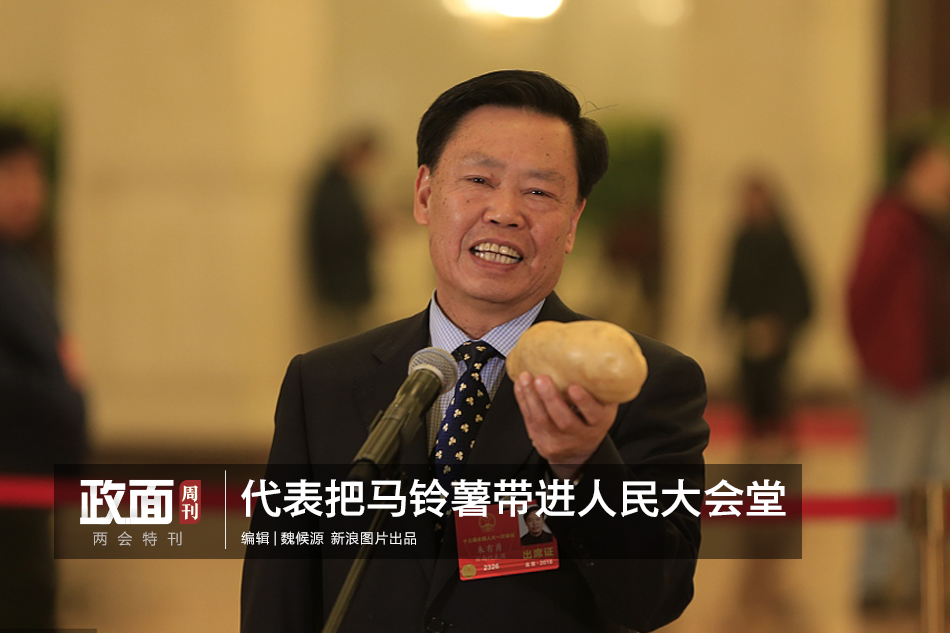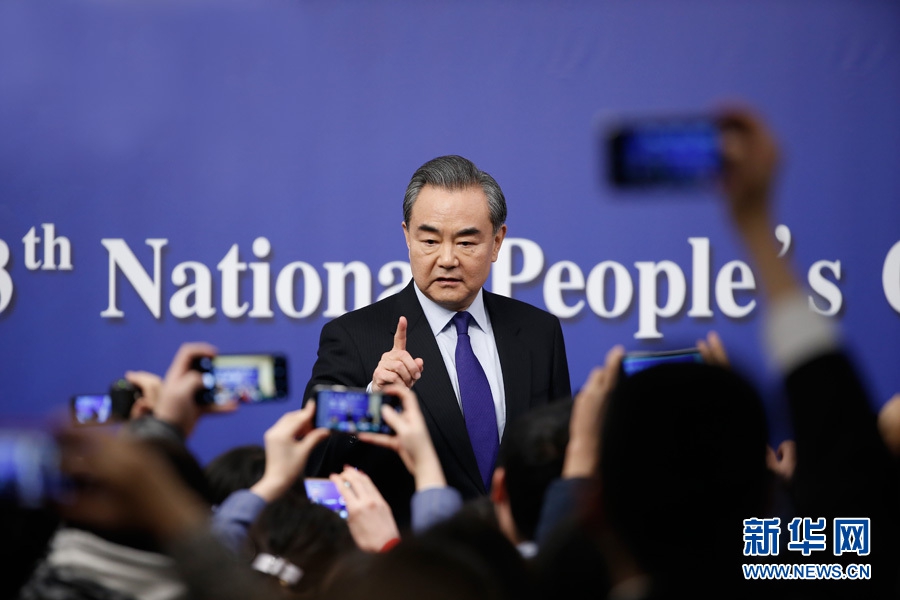
1. The five functions of the operating system are processor management, memory management, device management, file management and job management. Processor management The most basic function of processor management is to process interrupt events. After configuring the operating system, various events can be processed.
2. The main function of the computer operating system is process management, and its work is mainly process scheduling. In the case of a single user and a single taskNext, the processor is only monopolized by one user's task, and the process management work is very simple.
3. Operating System (abbreviation: OS) is a group of interrelated system software programs that supervise and control computer operation, use and run hardware, software resources and provide public services to organize user interaction.
4. Five major management functions of the operating system: (1) Job management: including tasks, interface management, human-computer interaction, graphical interface, voice control and virtual reality, etc. ( 2) File management: also known as information management. ( 3) Storage management: The essence is the management of storage "space", which mainly refers to the management of the main memory.
Any information system has five basic functions, namely: information collection and recording (input); information storage; information processing; information transmission; information output .
According to the functional introduction of the information system, the information system has five basic functions: input, storage, processing, output and control. Different functions have different functions, such as input function: the input function of the information system is determined by the purpose to be achieved by the system, the ability of the system and the permission of the information environment.
Five basic functions of the information system: input, storage, processing, output and control. Input function: The input function of the information system is determined by the purpose to be achieved by the system, the ability of the system and the permission of the information environment.Storage function: Storage function refers to the ability of the system to store various information and data. Mainly including: statistical functions.
The operating system has five functions: processor management: mainly controls and manages the work of the CPU. Storage management: mainly allocate and manage memory. Device management: mainly manage basic input and output devices. File management: responsible for the organization, storage, operation and protection of computer files.
The functions of the computer operating system include: processor management, memory management, device management, file management, job management and other functional modules. Processor management. The most basic function of processor management is to handle interrupt events. The processor can only detect interrupt events and generate interrupts and cannot process them.
The main function of the computer operating system is process management, and its main work is process scheduling. In the case of a single user and a single task, the processor is only monopolized by one user's task, and the work of process management is very simple.
The main functions of the operating system are process and processor management, job management, storage management, device management and file management, as follows: process and processor management. Because the execution of the program must rely on the processor, only one program flow can be processed and executed at any time. Homework management.
I) Processor management The most basic function of processor management is to handle interrupt events. The processor can only detect interrupt events and generate interrupts, and cannot handle these interrupt events. After configuring the operating system, all types of events can be handled.Another function of processor management is processor scheduling.
Five management functions of the operating system: job management: including tasks, interface management, human-computer interaction, graphical interface, voice control and virtual reality, etc. File management: also known as information management. Storage management: The essence is the management of storage "space", which mainly refers to the management of the main memory.

The storage management function of the operating system is to manage memory resources. It mainly realizes memory allocation and recovery, storage protection and memory expansion. The device management of the device management operating system is responsible for allocating and recycling external devices, and controlling external devices to operate according to the requirements of user programs.
The functions of the computer operating system include: processor management, memory management, device management, file management, job management and other functional modules. Processor management. The most basic function of processor management is to handle interrupt events. The processor can only detect interrupt events and generate interrupts and cannot process them.
The five functions of the operating system are processor management, memory management, device management, file management and job management.Processor management The most basic function of processor management is to process interrupt events. After configuring the operating system, various events can be processed.
TNT Sports-APP, download it now, new users will receive a novice gift pack.
1. The five functions of the operating system are processor management, memory management, device management, file management and job management. Processor management The most basic function of processor management is to process interrupt events. After configuring the operating system, various events can be processed.
2. The main function of the computer operating system is process management, and its work is mainly process scheduling. In the case of a single user and a single taskNext, the processor is only monopolized by one user's task, and the process management work is very simple.
3. Operating System (abbreviation: OS) is a group of interrelated system software programs that supervise and control computer operation, use and run hardware, software resources and provide public services to organize user interaction.
4. Five major management functions of the operating system: (1) Job management: including tasks, interface management, human-computer interaction, graphical interface, voice control and virtual reality, etc. ( 2) File management: also known as information management. ( 3) Storage management: The essence is the management of storage "space", which mainly refers to the management of the main memory.
Any information system has five basic functions, namely: information collection and recording (input); information storage; information processing; information transmission; information output .
According to the functional introduction of the information system, the information system has five basic functions: input, storage, processing, output and control. Different functions have different functions, such as input function: the input function of the information system is determined by the purpose to be achieved by the system, the ability of the system and the permission of the information environment.
Five basic functions of the information system: input, storage, processing, output and control. Input function: The input function of the information system is determined by the purpose to be achieved by the system, the ability of the system and the permission of the information environment.Storage function: Storage function refers to the ability of the system to store various information and data. Mainly including: statistical functions.
The operating system has five functions: processor management: mainly controls and manages the work of the CPU. Storage management: mainly allocate and manage memory. Device management: mainly manage basic input and output devices. File management: responsible for the organization, storage, operation and protection of computer files.
The functions of the computer operating system include: processor management, memory management, device management, file management, job management and other functional modules. Processor management. The most basic function of processor management is to handle interrupt events. The processor can only detect interrupt events and generate interrupts and cannot process them.
The main function of the computer operating system is process management, and its main work is process scheduling. In the case of a single user and a single task, the processor is only monopolized by one user's task, and the work of process management is very simple.
The main functions of the operating system are process and processor management, job management, storage management, device management and file management, as follows: process and processor management. Because the execution of the program must rely on the processor, only one program flow can be processed and executed at any time. Homework management.
I) Processor management The most basic function of processor management is to handle interrupt events. The processor can only detect interrupt events and generate interrupts, and cannot handle these interrupt events. After configuring the operating system, all types of events can be handled.Another function of processor management is processor scheduling.
Five management functions of the operating system: job management: including tasks, interface management, human-computer interaction, graphical interface, voice control and virtual reality, etc. File management: also known as information management. Storage management: The essence is the management of storage "space", which mainly refers to the management of the main memory.

The storage management function of the operating system is to manage memory resources. It mainly realizes memory allocation and recovery, storage protection and memory expansion. The device management of the device management operating system is responsible for allocating and recycling external devices, and controlling external devices to operate according to the requirements of user programs.
The functions of the computer operating system include: processor management, memory management, device management, file management, job management and other functional modules. Processor management. The most basic function of processor management is to handle interrupt events. The processor can only detect interrupt events and generate interrupts and cannot process them.
The five functions of the operating system are processor management, memory management, device management, file management and job management.Processor management The most basic function of processor management is to process interrupt events. After configuring the operating system, various events can be processed.
 PAGCOR online casino free 100
PAGCOR online casino free 100
823.17MB
Check UEFA EURO
UEFA EURO
574.52MB
Check Champions League
Champions League
416.26MB
Check Casino Plus login register
Casino Plus login register
265.32MB
Check UEFA EURO
UEFA EURO
588.48MB
Check Bingo Plus stock
Bingo Plus stock
159.81MB
Check Bingo Plus
Bingo Plus
497.16MB
Check UEFA EURO
UEFA EURO
293.36MB
Check Bingo Plus
Bingo Plus
278.67MB
Check TNT Sports
TNT Sports
448.32MB
Check bingo plus update today Philippines
bingo plus update today Philippines
654.28MB
Check Casino Plus GCash login
Casino Plus GCash login
898.89MB
Check Bingo Plus
Bingo Plus
465.74MB
Check UEFA Champions League live streaming app
UEFA Champions League live streaming app
523.24MB
Check PAGCOR online casino free 100
PAGCOR online casino free 100
513.64MB
Check Casino Plus login register
Casino Plus login register
676.97MB
Check UEFA live free
UEFA live free
962.16MB
Check UEFA Champions League
UEFA Champions League
994.16MB
Check Hearthstone Arena win rate
Hearthstone Arena win rate
554.12MB
Check Casino free 100 no deposit
Casino free 100 no deposit
738.77MB
Check Walletinvestor digi plus
Walletinvestor digi plus
619.54MB
Check DigiPlus fair value
DigiPlus fair value
889.32MB
Check Arena plus APK
Arena plus APK
992.83MB
Check Casino free 100 no deposit
Casino free 100 no deposit
998.18MB
Check Hearthstone Wild Decks
Hearthstone Wild Decks
361.15MB
Check Arena plus APK
Arena plus APK
257.41MB
Check Hearthstone arena class win rates reddit
Hearthstone arena class win rates reddit
264.95MB
Check Hearthstone Arena class tier list 2024
Hearthstone Arena class tier list 2024
147.63MB
Check Casino Plus app
Casino Plus app
877.47MB
Check DigiPlus fair value
DigiPlus fair value
156.62MB
Check Champions League
Champions League
883.18MB
Check UEFA Champions League live streaming free
UEFA Champions League live streaming free
985.84MB
Check 100 free bonus casino no deposit GCash
100 free bonus casino no deposit GCash
154.83MB
Check Arena Plus login
Arena Plus login
263.19MB
Check Bingo Plus
Bingo Plus
573.76MB
Check Hearthstone deck
Hearthstone deck
329.36MB
Check
Scan to install
TNT Sports to discover more
Netizen comments More
838 Hearthstone Arena Tier List
2025-01-09 19:44 recommend
1749 Hearthstone Arena Tier List
2025-01-09 17:35 recommend
478 Champions League
2025-01-09 17:21 recommend
1540 UEFA Champions League live streaming app
2025-01-09 17:19 recommend
2117 UEFA Champions League live
2025-01-09 17:13 recommend